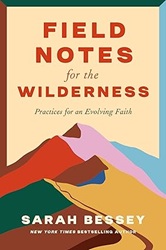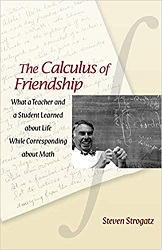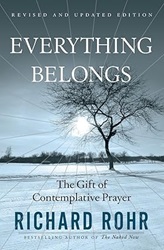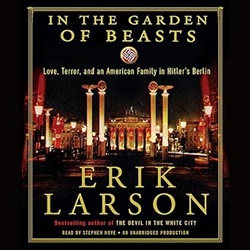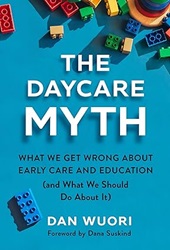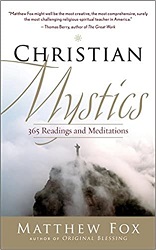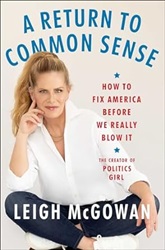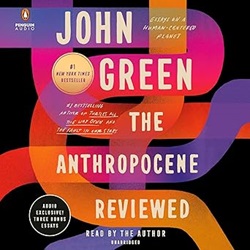Review of That Librarian, by Amanda Jones
The Fight Against Book Banning in America
by Amanda Jones
Bloomsbury, 2024. 269 pages.
Review written February 22, 2025, from my own copy, purchased via Amazon.com
Starred Review
That Librarian is Amanda Jones’ own story about speaking up against censorship in a meeting of her local public library board – and then relentlessly being hounded and harassed online afterward. She is a middle school librarian herself, and has won multiple awards for her work. And that fueled the flame of defamation, slander, and even death threats – the bullies said that because she’s against book bans, that makes her a purveyor of pornography to children.
I’d like to think that this is a problem mainly in red states. And, yes, the county where I work as a librarian consistently votes blue. But in view of things that have happened in the first month of the new administration, I have to take seriously this paragraph from page 5 of Project 2025:
Pornography, manifested today in the omnipresent propagation of transgender ideology and sexualization of children, for instance, is not a political Gordian knot inextricably binding up disparate claims about free speech, property rights, sexual
liberation, and child welfare. It has no claim to First Amendment protection. Its purveyors are child predators and misogynistic exploiters of women. Their product is as addictive as any illicit drug and as psychologically destructive as any crime. Pornography should be outlawed. The people who produce and distribute it should be imprisoned. Educators and public librarians who purvey it should be classed as registered sex offenders. And telecommunications and technology firms that facilitate its spread should be shuttered.
No, I don’t believe in giving pornography to children, and neither does Amanda Jones. But they’re defining pornography as any book that acknowledges that transgender people exist. Anything that portrays same-sex couples as having loving relationships. And if you allow those books – books that resonate with citizens in our communities, books about the loving families that reside there, books that help the marginalized feel seen – the bullies label you as a sex offender – which is what they did to Amanda Jones.
Her original speech at the library board meeting didn’t mention any specific books, nor were any mentioned by the library board – but because she spoke up against book banning, she was accused of being a danger to children and wanting to put books about sex into the hands of children. This about someone who has devoted her life to serving children.
Amanda made the difficult choice to sue the main instigators for defamation. The initial case was dismissed on the grounds that she’s a “public figure,” which seems silly, since she spoke in that meeting as a parent and as a member of the community. And I just looked up on google, and after two appeals, the Louisiana Supreme Court vacated the lower court’s decision, so her case will go forward. She’s not even suing them for damages. All she’s asking for is $1 and an apology – because you don’t get to make up lies about someone and try to destroy their life.
So all that is good news, and this book gives visibility to the more and more pervasive problem of people trying to restrict their public library’s collections to only books that they think are okay. Yes, there are books in the public library that I wouldn’t give to my own children when they were young. But that doesn’t mean I should keep your children from reading them. Here’s how Amanda Jones puts it:
Freedom and parental rights are a rallying cry, but the same people who say this are trying to take away the rights of young adult readers, their parents, and others. The people who say they are for small government are pushing governmental control over what we the people have access to, and not just children. We should ALL want the freedom to read what we want to read and have access to reading materials from a variety of viewpoints. Protecting our libraries is exactly how we do that. The attack on librarians and libraries is shameful and something everyone should fear. Once they destroy our libraries and schools, what will be next? Where will it end? We must continue to speak up. That’s all we can really do. We must stand up for what is right and good, regardless of what is said about us. The book banners, the people who attacked me for daring to disagree with them, wanted to silence me. I didn’t let them. I did the opposite. For the past year, I have agreed to almost every interview requested of me to help spread the word across the nation about what is happening in our libraries and to librarians. It has been exhausting, but necessary. I will continue to speak out when asked. We have to not just for the sake of libraries but for real freedom. Everyone who can needs to speak out on behalfof those who cannot. People who are rational need to take a stand against the irrational. We must do so with grace and truth, never stooping to the tactics the pro-censors use. We are the real patriots.
I do highly recommend this book to everyone to help understand those who are attacking public libraries and our first amendment rights. There’s a chapter at the end about what you can do in your own community to support your own libraries.
Thank you, Amanda Jones, for speaking up for the freedom to read!
No one on the right side of history has ever been on the side of censorship and hiding books.
Find this review on Sonderbooks at: www.sonderbooks.com/Nonfiction/that_librarian.html
Disclosure: I am an Amazon Affiliate, and will earn a small percentage if you order a book on Amazon after clicking through from my site.
Disclaimer: I am a professional librarian, but the views expressed are solely my own, and in no way represent the official views of my employer or of any committee or group of which I am part.
What did you think of this book?

